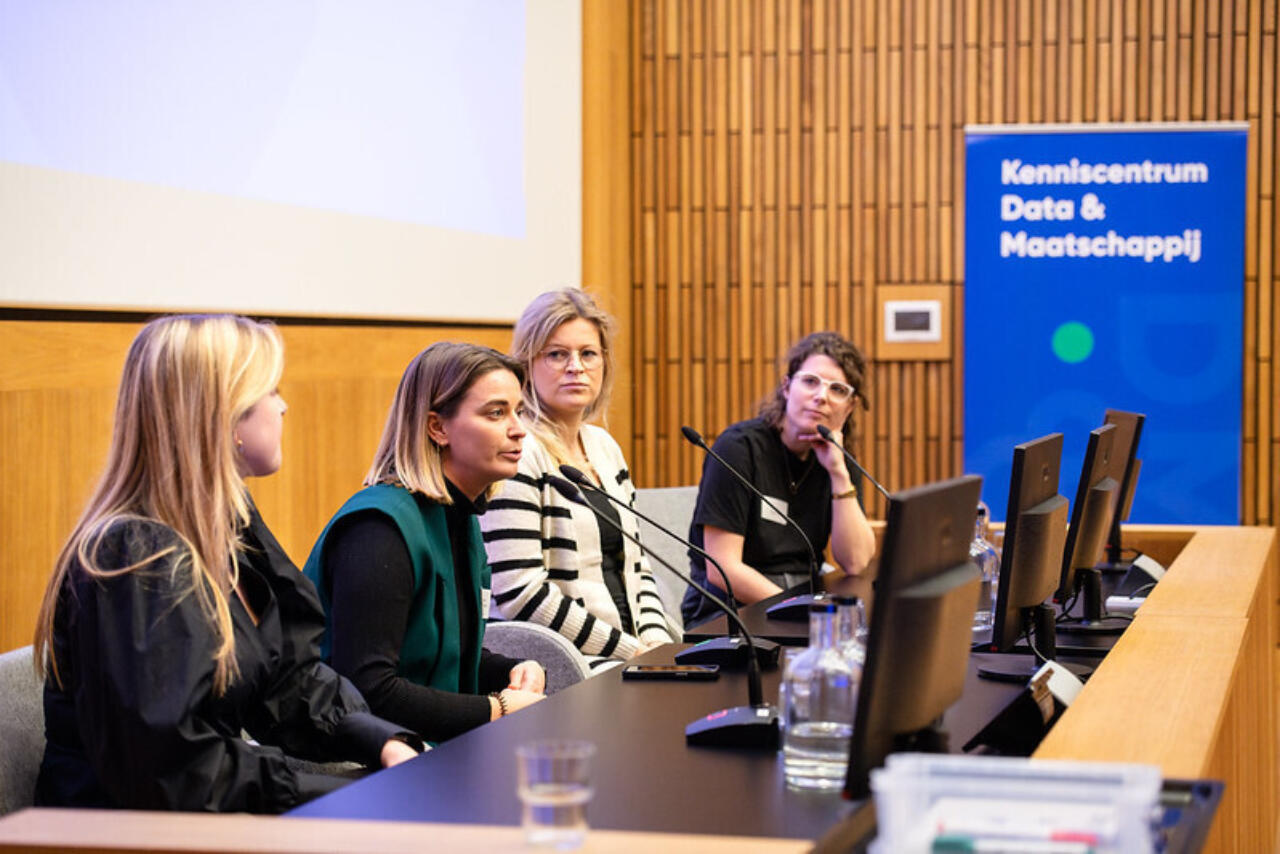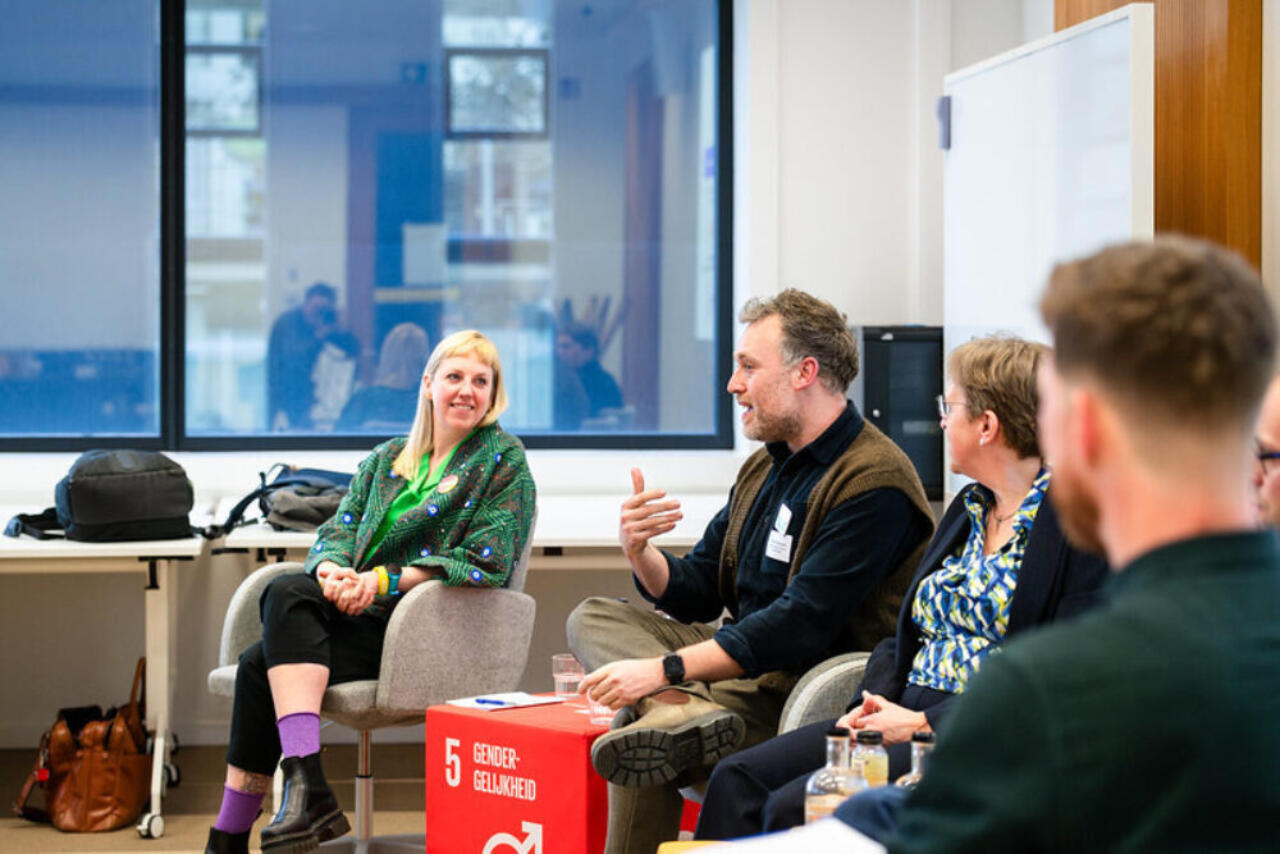Session: Flemish citizens and AI: Should everyone embrace AI? (NL)
Speakers: Professor Ralf De Wolf (UGent & KCDS), Giulia Mazzocchi (UGent & KCDS), Alenka Le Compte (Mediawijs), Neena Singh (KCDS & amai!) and Jef Van Laer (Scivil & amai!).
Moderator: Pieter Duysburgh
Content
A significant number of Flemish citizens either do not know what AI is or claim to never use it. Yet, AI systems directly or indirectly impact everyone, and AI tools can create substantial value, even on a personal level. Should every Flemish citizen be included in the AI narrative, and if so, how do we best achieve this?
Takeaways:
- The KCDS monitors show that the acceptability of AI technology is contextual, determined by the type of data, the type of actor, and the purpose. The latest monitor, on the use of generative AI in local governments, shows that local government employees especially need inspiration sessions and guidelines for use.
- Mediawijs gets the signal from the field of digital inclusion that many people of all profiles are eager to explore the possibilities of AI. There is also a lot of enthusiasm about the possibilities offered by AI for specific target groups, such as non-native speakers, the low-literate, people who speak sign language, or people who stutter. We need to guard that not only the strong benefit from the evolution in terms of AI technology.
- In recent years, the amai! program has developed a diverse and accessible range of activities, publications and tools to give a broad public insight into AI. In doing so, citizens are not only informed about AI but are also allowed to share their ideas for AI, and those ideas form the basis for an annual project call. In this way, the program ensures society-driven AI innovation.














